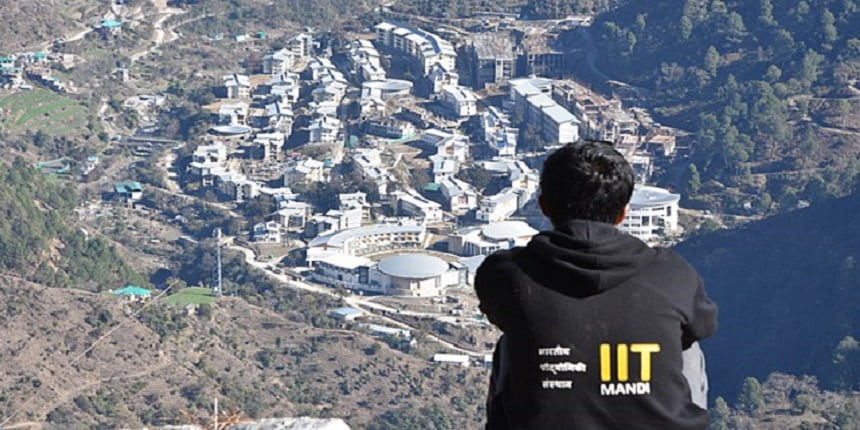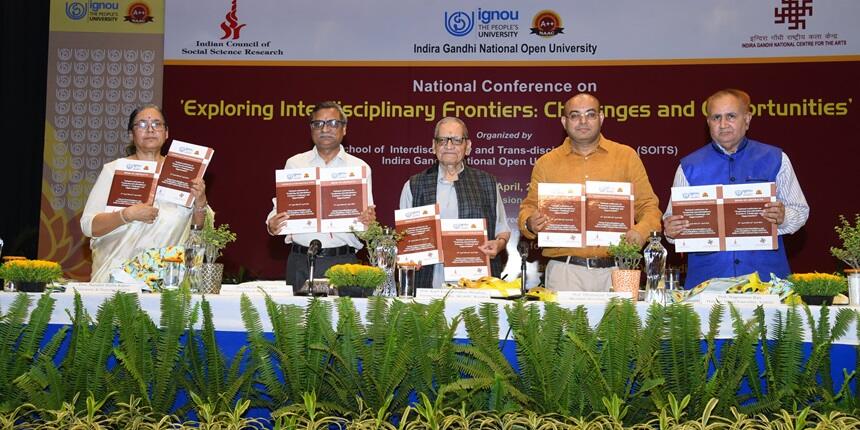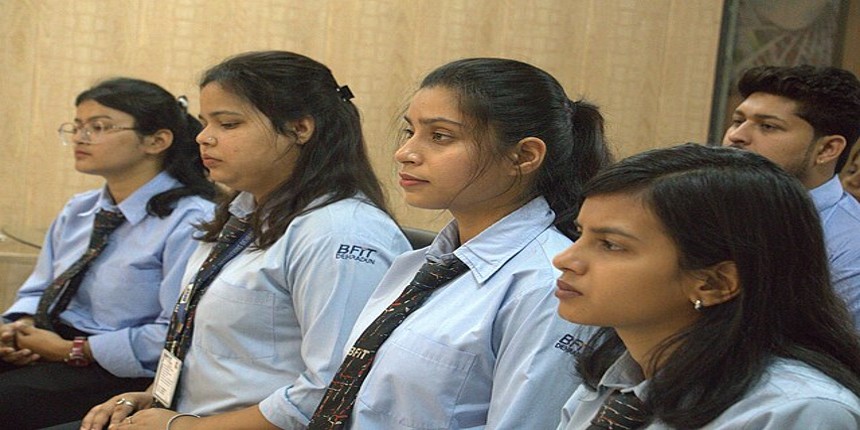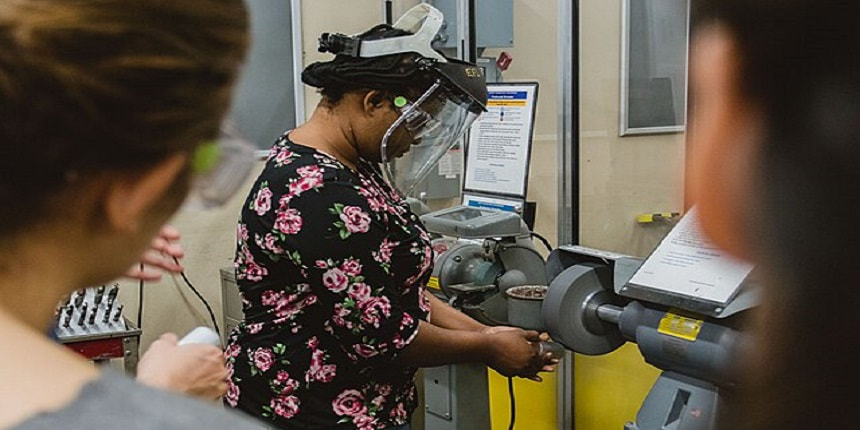NEHU Colleges: How NEP 2020 is adding strain to an under-resourced system
North-Eastern Hill University (NEHU) colleges are dealing with the burden of implementing NEP in a system without enough teachers, books, classrooms
 North Eastern Hill University (Image: official website)
North Eastern Hill University (Image: official website)Pritha Roy Choudhury | March 21, 2024 | 12:32 PM IST
NEW DELHI: In August 2023, colleges affiliated to the North-Eastern Hill University (NEHU) revolted. The university had introduced the four-year undergraduate programme (FYUP) recommended by the National Education Policy (NEP) 2020, and the college teachers simply refused to implement it. The Meghalaya College Teachers’ Association (MCTA) announced a boycott of the first semester of classes which was later lifted but colleges are still reeling.
“We are in a big transition; things have not settled yet,” said a government college teacher in Shillong, Meghalaya, on conditions of anonymity.
The four-year programme was a key recommendation of the NEP 2020 which recommended extending the standard three-year undergraduate degree into a four-year one, allowing students to exit with various levels of qualifications – certificate, diploma, degree – along the way. With it came a new curriculum framework and course structure, a credit system for evaluation, internship integration and more. Over 2022 and 2023, the higher education regulator UGC issued guidelines for these.
NEP 2020: The NEHU turmoil
Of the 56 central universities, 19 opted to offer FYUP from August 2023. But NEHU, also a central university, could not. The MCTA had boycotted the first-semester classes as the university insisted on starting the course without the Academic Council's approval. It wasn’t just the missing stamp that ticked off teachers. As many told Careers360, NEP reforms require resources – teachers, classrooms, laboratories, libraries – that NEHU colleges do not have. The changes are an added strain on an under-resourced system.
“We condemn the callous, impassive and obstinate attitude exhibited by the NEHU administration, particularly the vice chancellor, in pushing forward the implementation of NEP 2020 without it being passed by the Academic Council,” the MCTA said in a statement. The North Eastern Hill University Teachers Association (NEHUTA) supported them and refused to set question papers for the first semester.
The stalemate lasted till the end of October. First semester classes finally began on November 1, exams were held till February 24 and the second semester began two days later. But the issues that prompted the boycott still persist.
Prabha Shankar Shukla, NEHU vice-chancellor, said, “Only a few teachers went against the implementation of the new education policy, but ultimately, all accepted it.”
Also read JNU’s Hostel Mess: Students face water shortage, broken ceilings, crowding, fee hike
NEHU colleges not prepared
Many teachers were against NEP because their institutions were simply not prepared for it due to the lack of infrastructure and teachers. With the number of choices of subjects, students of each major discipline need to be divided into multiple groups. “Combination and permutation of different groups require more rooms and more space,” said a teacher, adding that colleges are dealing with just one semester now; the problem will become more severe with each semester. “Very soon we will have students from both first and second semesters. Where do we get so much space?”
Another teacher of a college from Jowai, in the Jaintia Hills, echoed them: “We could not implement the NEP in time because we had limited resources and infrastructure issues. Books were not available. We need separate rooms for different courses. It is somehow manageable now, but the second semester will be difficult.”
Shukla says “problems are part of life” and that he is ready to sit with the teachers and find a solution.
Also readAfter NEP 2020, scholarship and research fellowship funds declined by over Rs 1,500 crore
NEHU teachers ‘at sea’ over FYUP
The shortage felt most acutely is that of teachers. As each subject has multiple groups, each group requires a designated teacher. The number of teachers is nowhere near sufficient. “For the time being, we are coping with the help of part-time teachers,” said the principal of a college in Shillong.
Even teachers are not properly oriented to handle the new curriculum’s demands. “A course on public speaking was offered by a political science teacher at NEHU, so I asked the department teachers to take it, but they declined. Even the English teachers declined saying they were not trained for that. It is more difficult when teachers refuse to unlearn
and relearn,” said the principal.
The prevailing state among teachers is one of confusion. Until now, most teachers needed to be experts in their own disciplines. “But now students need to study multidisciplinary courses, skill enhancement courses, and ability enhancement courses. They are at sea,” the teacher said. “No one knows what to do exactly.”
In the absence of clear guidance, college teachers worry that their approach will not work or not match the university’s expectations. “In the first year itself, students might opt for vocational or professional programmes, but most of the colleges are not prepared for that,” said the teacher, adding, “Ultimately it is NEHU which sets questions for the exams. What I notice is that they are moving in different styles, so I am worried about the students who will face the bullets.”
Shukla said that teacher training has been ongoing. The NEHU has a training centre for teachers, the Madan Mohan Malviya Center for Professional Development of Teacher Educators, he said, and two batches of teachers in NEHU have already been trained.
Follow us for the latest education news on colleges and universities, admission, courses, exams, research, education policies, study abroad and more..
To get in touch, write to us at news@careers360.com.




